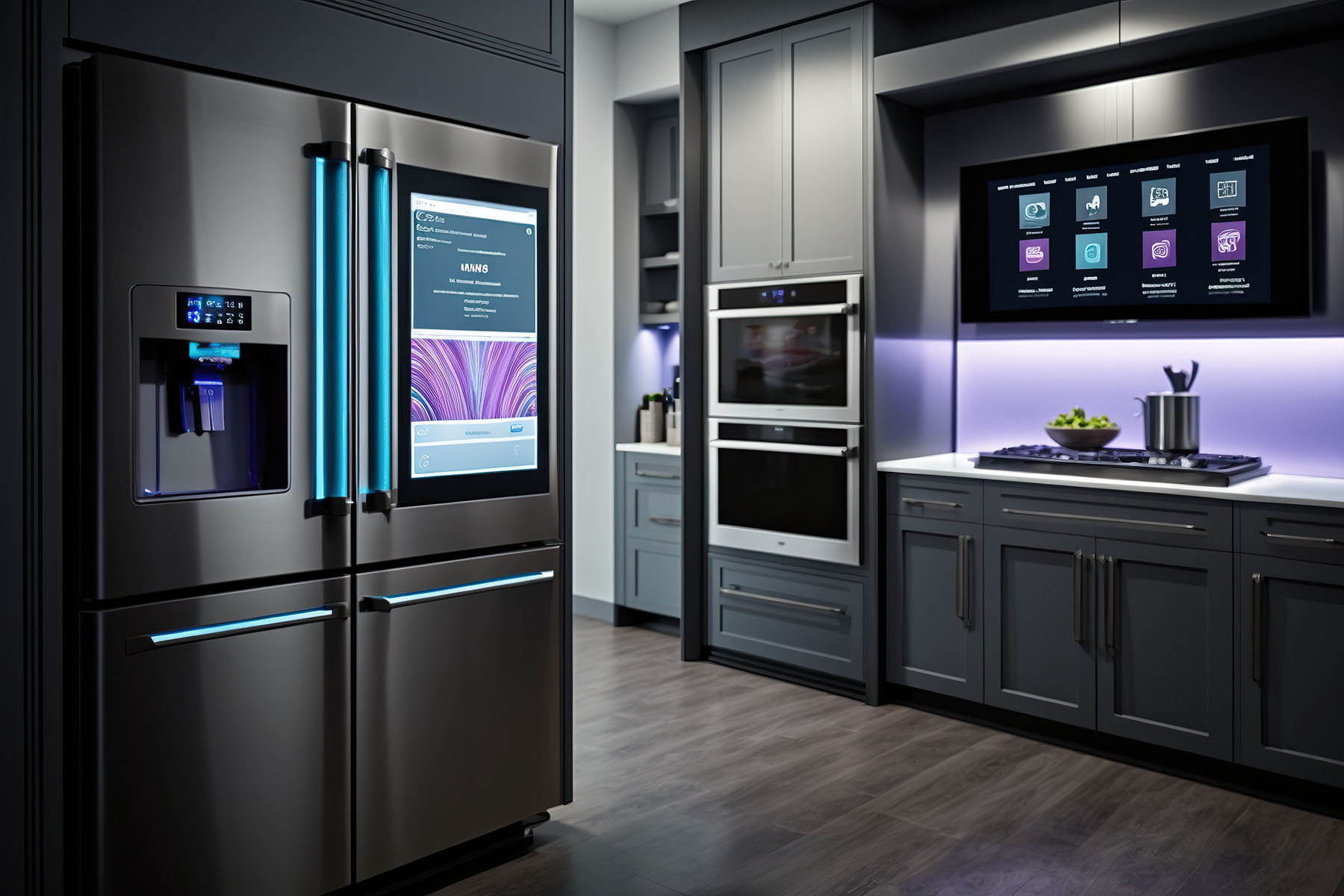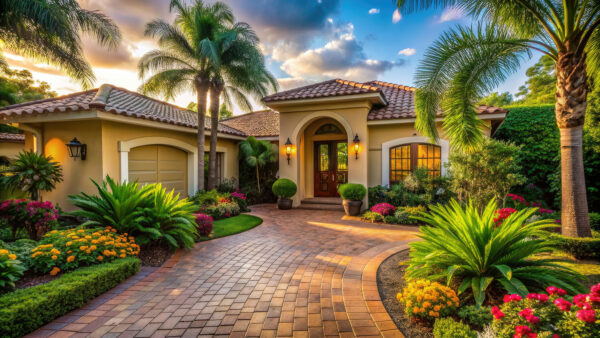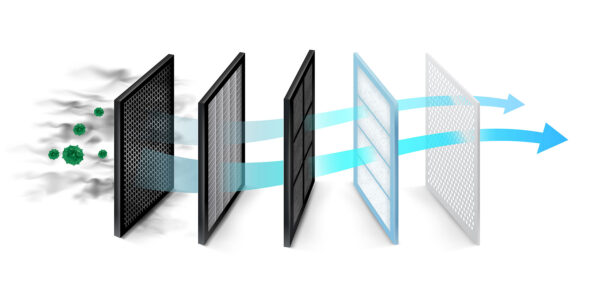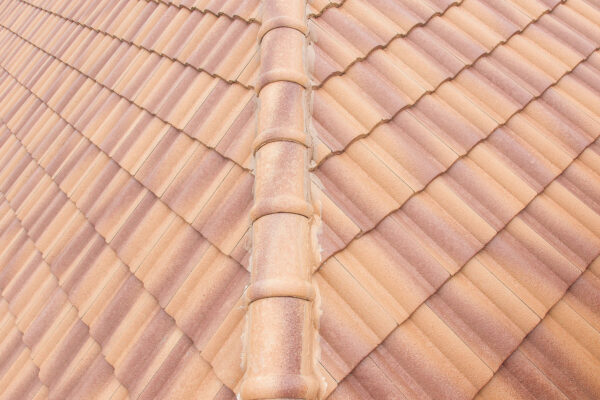Home automation is evolving rapidly, and 2025 promises to bring game-changing innovations that will redefine how we interact with our living spaces. With artificial intelligence (AI), smart integrations, and energy-efficient solutions on the rise, homeowners can expect an unprecedented level of convenience, security, and efficiency. Whether you’re looking to upgrade your current smart home or planning to integrate automation for the first time, staying ahead of the trends will help you make informed decisions.
In this article, we’ll explore the most exciting future of home automation trends, future of home tech, and what’s next in home automation for 2025.
AI-Powered Smart Homes: The Next Level of Automation
Artificial intelligence is at the forefront of home automation, making homes smarter and more intuitive. AI-driven systems will not only respond to voice commands but will also learn homeowner preferences, automating tasks without human intervention.
How AI Will Revolutionize Smart Homes in 2025
- Predictive Automation: AI will analyze habits and predict actions based on routines. For example, your home may start adjusting lighting, temperature, and security settings before you even realize the need.
- Personalized Voice Assistants: Digital assistants like Alexa and Google Assistant will become even more conversational, understanding nuanced commands and responding more naturally.
- AI in Kitchen Automation: AI-powered refrigerators will track groceries, suggest recipes based on available ingredients, and even place automatic grocery orders.
These advancements in 2025 home automation will make smart homes more responsive, allowing homeowners to enjoy seamless and intuitive control over their environments.
Smart Home Security: Smarter and More Secure Than Ever
Security is one of the most critical aspects of home automation, and 2025 will bring stronger, AI-driven solutions. The future of home tech will focus on advanced surveillance, facial recognition, and real-time threat detection.
Trends in Smart Home Security for 2025
- Facial and Voice Recognition: Smart locks and security systems will rely on biometric authentication rather than passwords or keycodes.
- AI-Driven Threat Detection: AI will differentiate between normal activity and potential threats, reducing false alarms and enhancing security measures.
- Drone Surveillance: Some companies are developing in-home security drones that can patrol your house while you’re away.
- Encrypted Communication: With increased cyber threats, smart home security systems will incorporate end-to-end encryption to prevent hacking.
Homeowners will have peace of mind knowing their homes are protected by the latest trends in smart homes security.
Energy Efficiency and Sustainability in Smart Homes
The push toward sustainable living is stronger than ever, and 2025 home automation trends are emphasizing energy efficiency and eco-friendly solutions.
How Smart Homes Will Reduce Energy Waste
- Smart Thermostats with AI Optimization: Next-gen thermostats will use AI to learn preferences and adjust heating/cooling systems dynamically, reducing energy waste.
- Solar-Integrated Smart Grids: Smart homes will seamlessly integrate with solar panels and battery storage systems to optimize power usage and reduce reliance on the grid.
- Water-Saving Technologies: Automated irrigation and smart water monitoring will help conserve water by detecting leaks and adjusting usage based on weather patterns.
- Smart Lighting Systems: Advanced motion sensors and AI will ensure lights are only used when needed, reducing energy consumption.
These innovations will allow homeowners to cut costs while minimizing their environmental impact.
The Rise of Interconnected Smart Home Ecosystems
One of the biggest challenges in home automation has been the compatibility of different smart devices. In 2025, we will see more seamless integration as manufacturers adopt universal standards like Matter, making choosing roof materialsfor automation easier.
What to Expect from Interconnected Smart Homes
- Universal Compatibility: The Matter protocol will allow devices from different brands to work together effortlessly.
- Cross-Device Communication: Your smart TV, thermostat, and security system will communicate with each other, offering a more unified experience.
- Centralized Control Hubs: Homeowners will have a single control point for all devices, reducing the need for multiple apps.
- Automated Home Workflows: Your home will respond to multiple triggers simultaneously, such as dimming lights when the TV is on or adjusting blinds based on the time of day.
With better compatibility, homeowners will enjoy a more fluid and intuitive smart home experience.
Health and Wellness Tech in Smart Homes
The post-pandemic era has increased the focus on health and wellness in home automation planning. In 2025, smart homes will integrate wellness features to enhance comfort, improve air quality, and promote healthier lifestyles.
How Smart Homes Will Support Health and Wellness
- Air Quality Sensors: These devices will monitor pollutants, allergens, and humidity levels, adjusting air filtration systems automatically.
- Circadian Lighting Systems: Smart lighting will sync with natural daylight cycles to promote better sleep and reduce eye strain.
- AI-Powered Sleep Trackers: Smart beds will analyze sleep patterns and make automatic adjustments to optimize comfort.
- Smart Workout Spaces: Home gyms will feature AI coaching, real-time feedback, and integration with health apps for personalized fitness plans.
These advancements will make air quality improvement and overall well-being a natural part of daily life.
The Future of Voice and Gesture Control in Home Automation
Voice control has become a staple in smart homes, but 2025 will bring an evolution toward even more intuitive interfaces, including gesture control and mind-controlled devices.
How Control Interfaces Will Evolve
- Touchless Gesture Control: Cameras and sensors will track hand gestures, allowing homeowners to control devices without touching a screen or remote.
- Neural Interfaces: Some companies are developing brain-computer interfaces that enable users to control smart home features with their thoughts.
- AI-Powered Conversation: Digital assistants will engage in more meaningful conversations, understanding context and even predicting user needs.
This level of automation will bring science fiction-like convenience to real-life smart homes.
The Role of Robotics in the Future of Home Tech
Robotics is another area that will see major advancements in 2025 home automation. From cleaning bots to AI-driven assistants, the integration of robotics will change how we interact with our homes.
How Robotics Will Enhance Smart Homes
- Autonomous Cleaning Robots: Beyond Roombas, AI-powered robots will handle chores like laundry folding and dishwashing.
- AI-Powered Home Assistants: Robots capable of carrying objects, making coffee, or assisting with mobility will become more common.
- Automated Grocery Unpacking: Some smart kitchens will include robotic arms that can store groceries and organize pantries.
Homeowners will experience greater convenience as robotic technology advances.
Conclusion: What’s Next in Home Automation?
The future of home automation planning is bright, with AI, security, energy efficiency, health tech, and robotics leading the way. 2025 home automation will bring unprecedented levels of convenience, sustainability, and intelligence into our living spaces.
As the industry evolves, homeowners who embrace these trends will enjoy smarter, safer, and more efficient homes. Whether you’re looking to upgrade your existing automation setup or starting fresh, understanding these upcoming trends will help you make the best decisions for the future.






